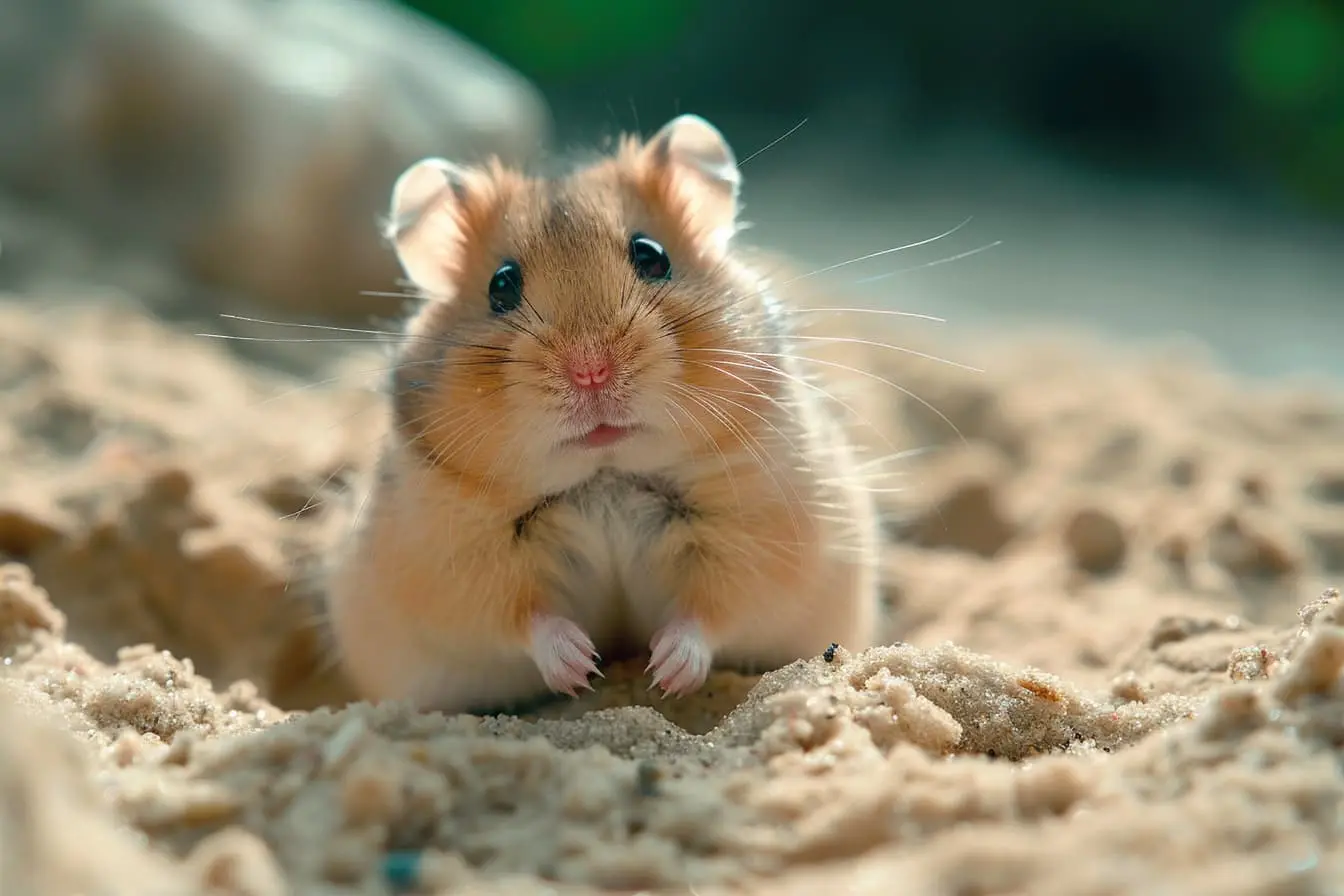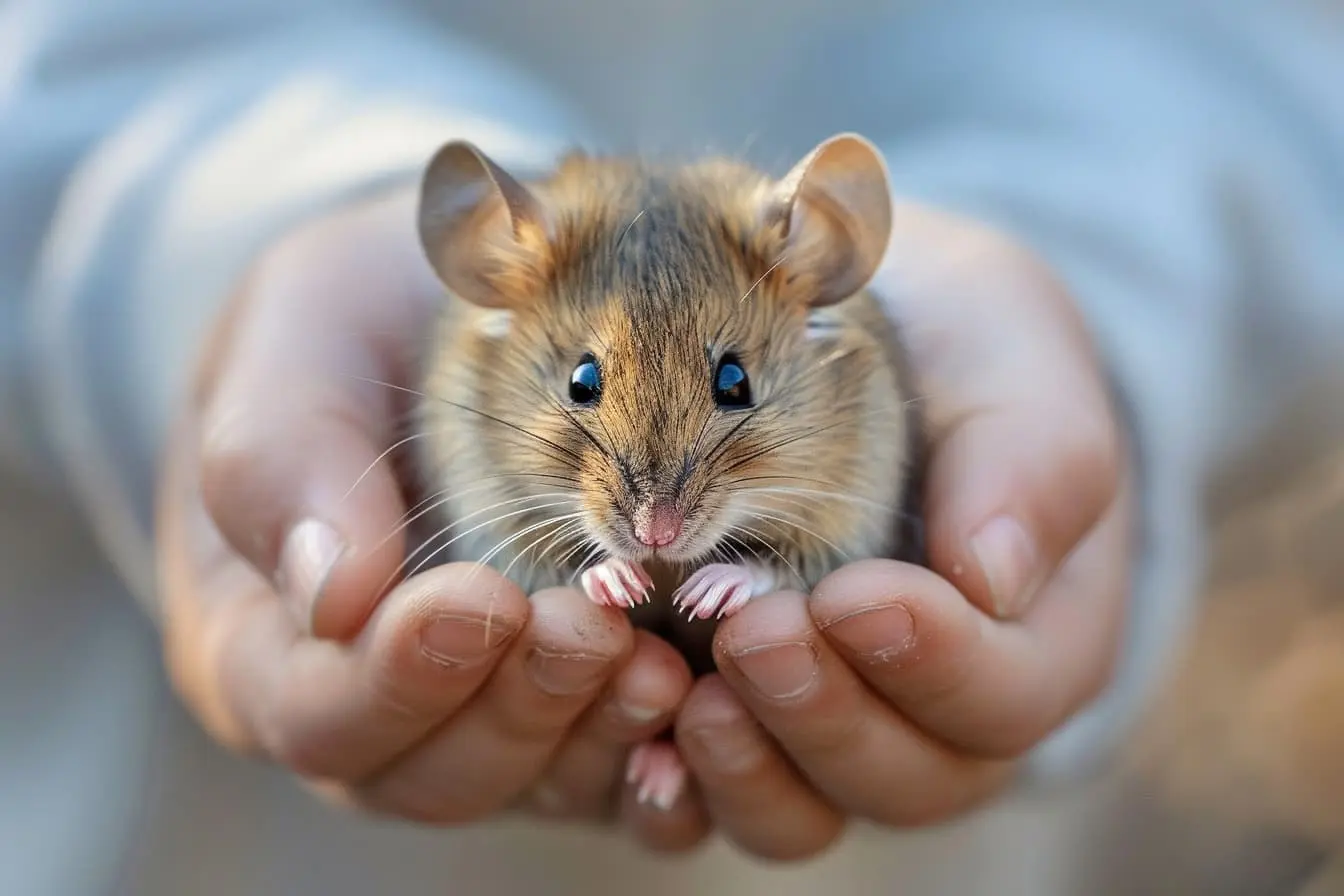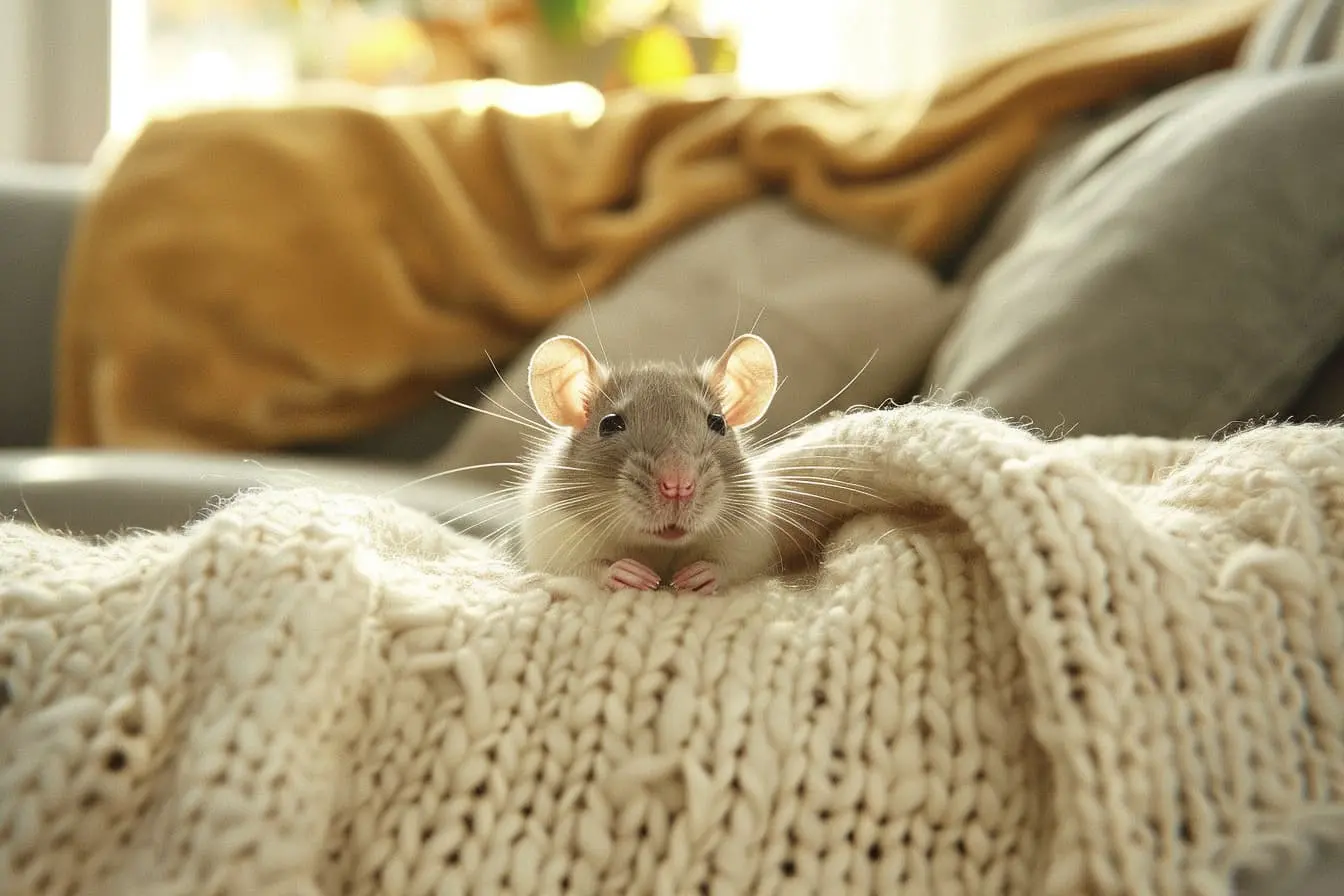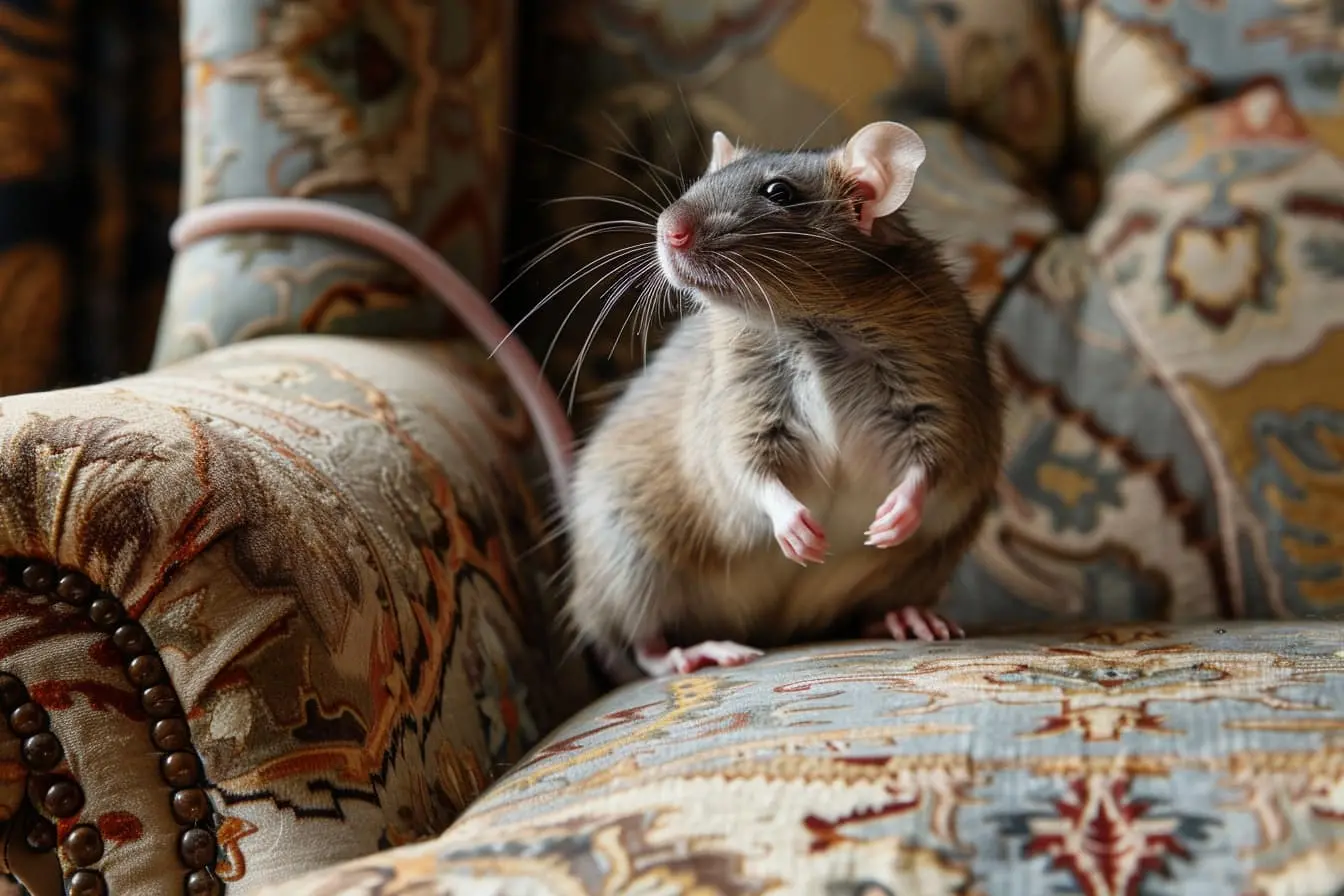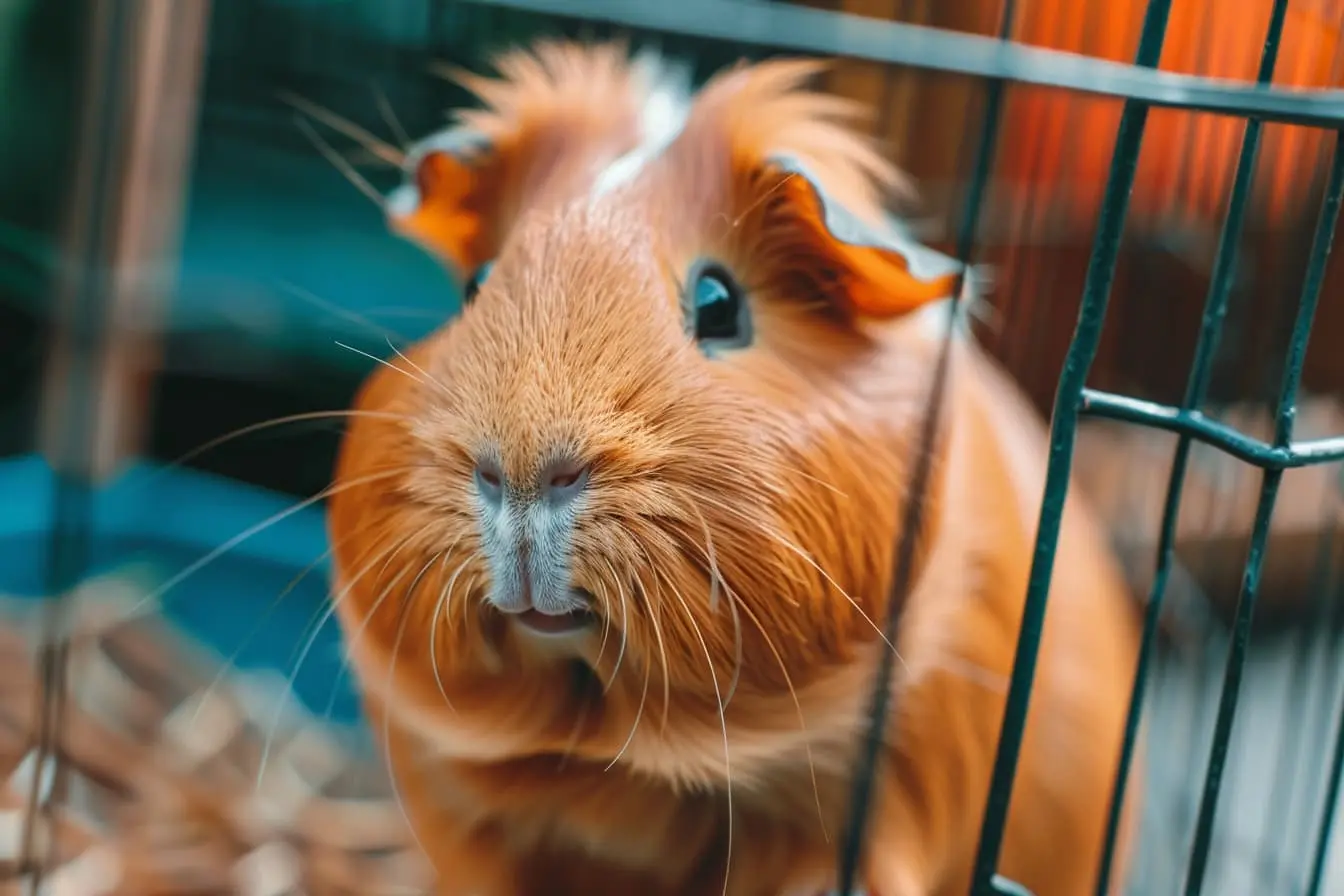
Essential Guide to Housing Your Guinea Pig: Space, Comfort, and Options
Becoming a guinea pig owner is an exciting venture, one that brings the joys of companionship alongside the responsibilities of care. Among the first and most crucial aspects of care is housing. The right living environment is vital for your guinea pig's health, happiness, and well-being. This guide is tailored to new guinea pig owners, providing all you need to know about the space requirements and housing options for your furry friend.
Understanding Space Requirements
Guinea pigs are social and active animals that require ample room to move, play, and exercise. Unlike smaller rodents, guinea pigs need a considerable amount of space due to their larger size and social nature. The recommended minimum cage size for one guinea pig is 0.7 square metres (7.5 square feet), but more is always better, especially if you plan on having more than one. For two guinea pigs, a space of 1 square metre (10.5 square feet) is the absolute minimum required, with larger spaces being greatly beneficial to their well-being.
Indoor Housing Options
C&C (Cubes and Coroplast) Cages
One of the most popular options among guinea pig enthusiasts, C&C cages offer flexibility in size and design, allowing you to tailor the living space to your pet's needs. These cages consist of metal wire grids for the structure and corrugated plastic sheets for the base. They're easy to assemble, clean, and can be expanded if you decide to adopt more guinea pigs.
Commercial Guinea Pig Cages
There are many commercial cages available that are designed specifically for guinea pigs. When choosing a commercial cage, it's important to check the dimensions to ensure it meets the minimum space requirements. Many pet store cages are too small, so always opt for the largest size available and consider customising or combining cages to create a suitable living space.
Playpen Setup
Setting up a playpen in a safe, indoor area can also serve as a housing option, particularly for those who prefer to give their guinea pigs more freedom. Ensure the playpen is escape-proof and large enough to accommodate a shelter, food and water dishes, and plenty of toys. Playpens are great for exercise and interaction but should be placed in a draft-free room that's safe from other pets.
Outdoor Housing Options
Outdoor Hutches
Guinea pigs can live outdoors in weather-proof hutches, provided they have a secure and comfortable environment. The hutch should be placed in a sheltered area to protect from extreme weather conditions and should be predator-proof. Outdoor guinea pigs require additional insulation during the winter months, and their hutch should always include a warm, enclosed nesting area.
Outdoor Runs
An outdoor run can be a fantastic addition to your guinea pig's hutch, allowing them safe outdoor exercise. Ensure the run is secure from predators and has a covered area to provide shade and shelter. Outdoor runs should only be used under supervision and in suitable weather conditions.
Important Considerations
- Safety: Indoor cages and outdoor hutches must be secure to prevent escapes and protect against predators.
- Comfort: Your guinea pig's housing should include a comfortable bedding layer, such as fleece or paper-based bedding, which is safe and absorbent.
- Cleanliness: Guinea pigs require a clean living environment. Regular cleaning of the cage or hutch is essential to prevent health issues.
- Social Needs: Guinea pigs are highly social animals and thrive in the company of their own kind. Consider adopting at least two guinea pigs to prevent loneliness and boredom.
By providing the right housing for your guinea pig, you're ensuring a foundation for a healthy, happy life. Whether indoors or outdoors, creating a spacious, safe, and engaging environment is key to nurturing your new companion. With careful planning and a little creativity, you can create a perfect home for your guinea pigs, filled with joy and companionship for years to come.
Vets near you
Speciality vets
- Aquatics vet specialists
- Birds vet specialists
- Camelids vet specialists
- Cats vet specialists
- Cattle vet specialists
- Deer vet specialists
- Dogs vet specialists
- Equines vet specialists
- Exotic vet specialists
- Goats vet specialists
- Pigs vet specialists
- Poultry vet specialists
- Sheep vet specialists
- Small Mammals vet specialists
- Wild vet specialists
Vet facilities
- Accessible by public transport
- Blood testing
- Car park nearby
- Client car park
- Dentistry
- Diagnostic imaging
- Disabled public access
- Flea and worm treatments
- Microchipping
- Mobile services
- Neutering
- Open at weekends
- Out-of-hours service
- Referral interests
- Referrals only
- Street parking outside
- Toilets available
- Vaccinations
